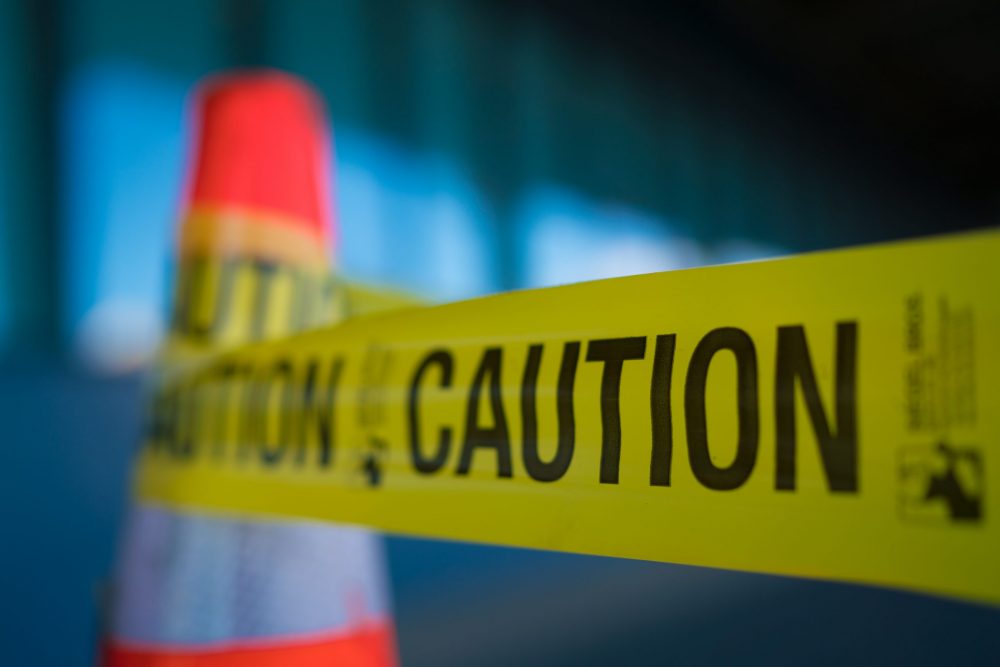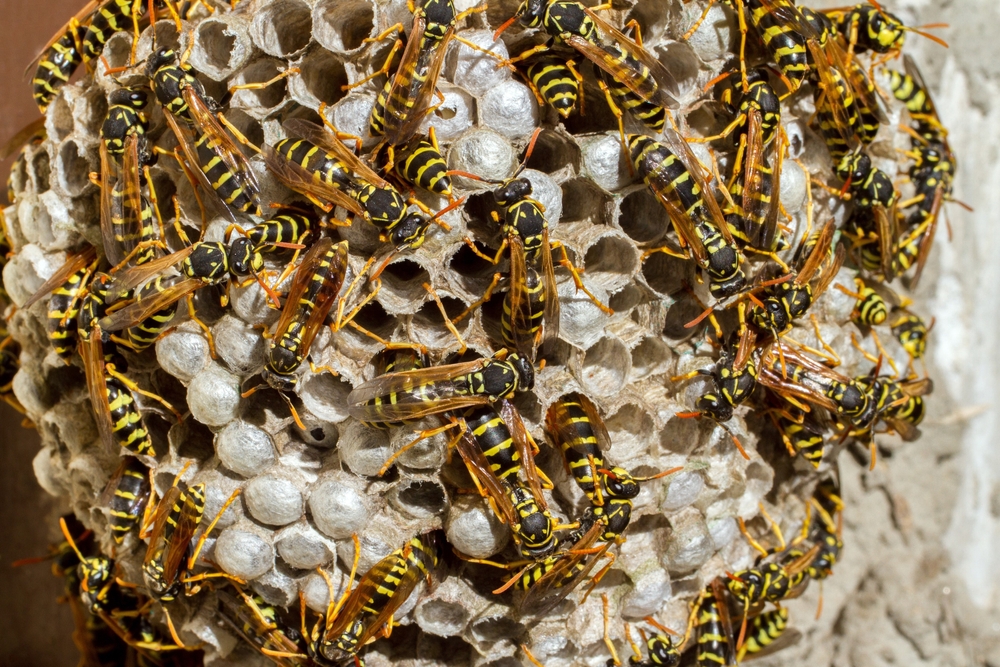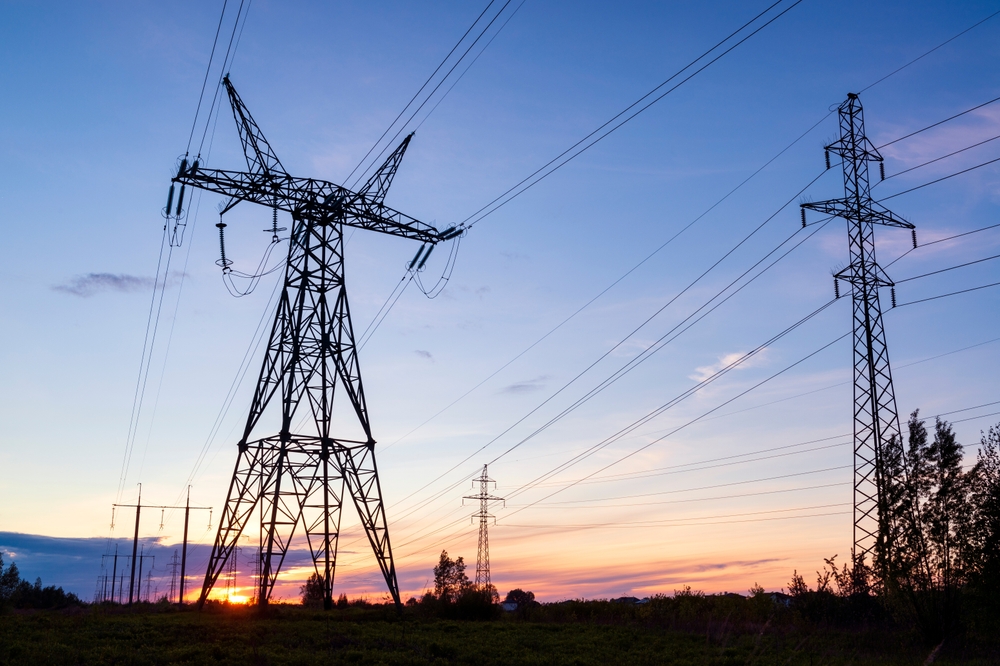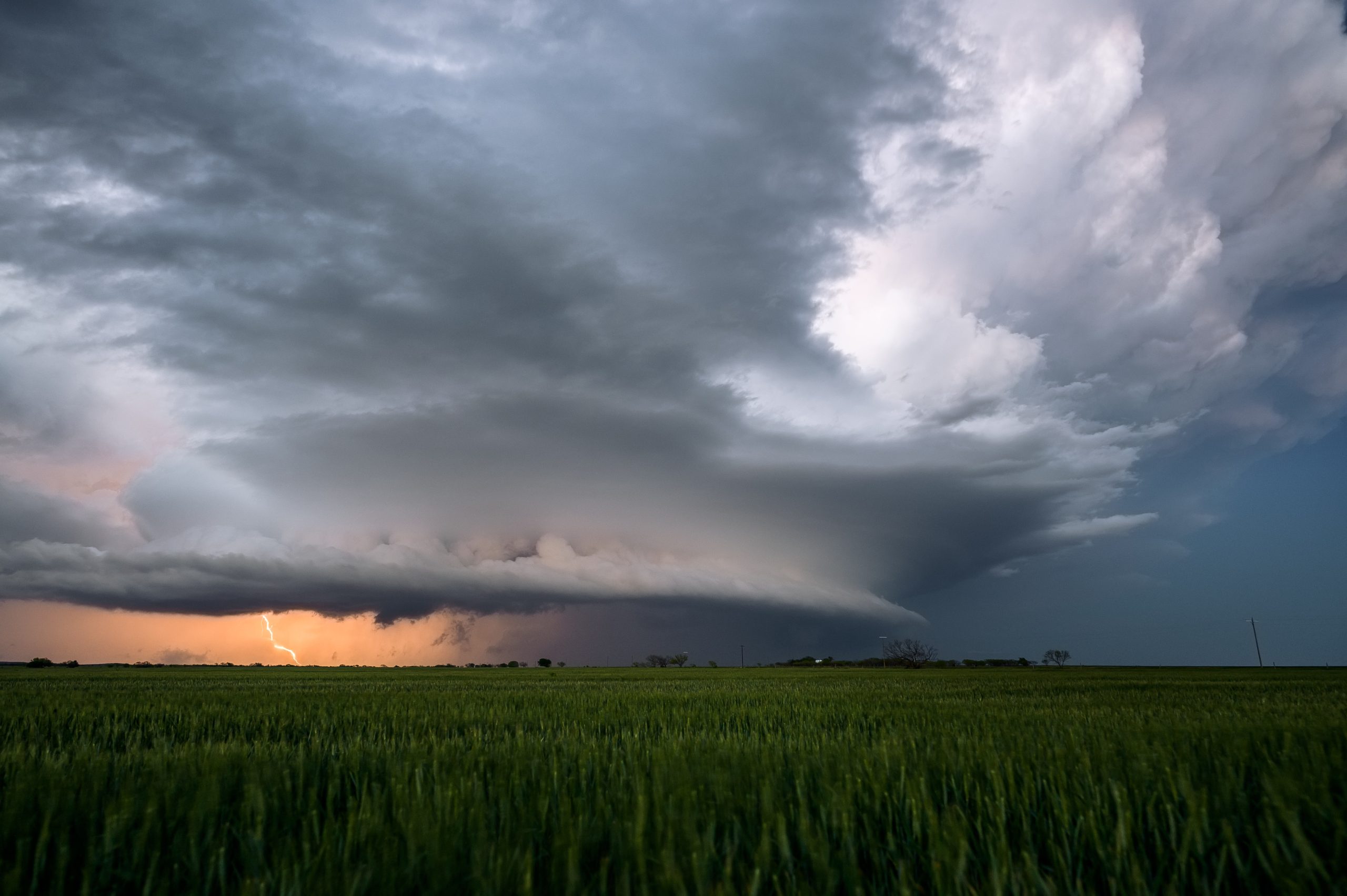Vigilance in on-the-job safety is a must. While some safety practices become routine, skipping these practices is what leads to injuries and incidents, which break up the routine, but for all of the worst reasons.
In a continual effort to curb increasing injuries, and to promote safer working conditions, the Occupational Safety and Health Administration (OSHA) releases a list of the most commonly cited health and safety violations every year, including information by industry. While every item may not apply to every precast plant, this list of common OSHA violations can help employers strengthen their on-site safety programs. Understanding these risks and being able to identify them before they become a problem will not only save precast concrete plants from experiencing downtime, delays, and manufacturing losses, it can save lives.
Note: the descriptions for each standard includes a general overview of the standard requirements. For full information on each standard, visit www.osha.gov
Walking/Working Surfaces (1910.22)
This standard encompasses keeping all surfaces within working spaces clean, orderly, and sanitary. This includes keeping areas dry, to as reasonable a degree as possible, and in situations where wet processes are used, ensuring that areas have proper drainage, as well as floor coverings and dry standing areas.
In batch plants, it’s important to maintain areas free of cement dust and work diligently to keep wet cement as contained as possible, making sure that “walking-working surfaces are maintained free of hazards such as sharp or protruding objects, loose boards or floor grating, corrosion, leaks, spills, snow, and ice.” This also touches on the need to avoid makeshift ladders, as well as platforms and stairs with improper or no guardrails, as they dramatically increase the likelihood of falls. Now is the time to make sure you have a snow removal plan in place and stations established to treat your known icy conditions.
Control of Hazardous Energy (1910.147)
This standard encompasses the need for proper lockout/tagout practices for machines or equipment where, with the unexpected startup during maintenance, the machine or equipment could release stored energy (electrical, heat, hydraulic, etc.) that could prove hazardous to employees. Remember to treat control of gravity as a source of energy.
Establishing proper lockout and tagout practices is paramount for ensuring worker safety when dealing with heavy machine maintenance, as well as issues like clearing jams or obstructions from conveyors.
Machine Guarding (1910.212)
This standard covers the need for proper guarding on machines to protect against potential hazards from things like rotating parts, sparks, flying debris, or any other machinery which could expose an employee to injury through its use. Examples of guarding include barrier guards and electronic safety switches.
Machine guarding goes hand-in-hand with lockout and tagout procedures, in that its importance is maintaining safety when dealing with machinery and equipment. While the standards for machine guarding place more emphasis on point of operation tools, the principles remain similar. Establishing proper guarding is in place so that employees are protected when using complex machinery such as mixers, block makers, cubers, rebar benders, chop saws, table saws, etc., will help keep employees safer while completing their tasks.
Welding/Cutting/Grinding (Hot Work) (1910.152)
This standard deals with the proper procedures for completing welding, flame cutting, and grinding; all fire or spark-producing operations. It provides a mixture of guidance on proper areas to complete hot work (in open, designated areas), as well as instructions on proper fire prevention equipment, such as extinguishers, that need to be on hand before hot work can be performed away from the designated hot work area.
Make sure the correct PPE is worn when performing welding work to avoid issues like welding arc flash to the eyes, both for the welder and others in the area. Use a welding curtain. Welding jackets and leather sleeves are necessary to prevent skin burns.
Permit Required Confined Spaces (1910.146)
This standard covers the requirements for completing work in an area that a. contains or has the potential to contain a hazardous atmosphere, b. contains a material with the potential to engulf an entrant, c. has an internal configuration such that an entrant could be trapped or asphyxiated, and/or d. contains any other recognized serious safety or health hazard.
When looking at precast plants, this primarily deals with employees working within areas such as mixer drums, hoppers, storage bins, or ready-mix trucks. Creating entry procedures and sticking to them will help reduce exposure to injury when conducting work in these spaces., Also, ensure employees wear the necessary protective equipment to avoid silica inhalation when chipping concrete and avoiding heat stress from working in a confined space.
As stated, while this is not a comprehensive list of all health and safety violations documented by OSHA for precast concrete plants, they are some of the most common. Using this list to identify areas within an organization’s plant provides a solid foundation for safety leaders to observe how well their organization is currently performing on average, where updates could be made, and which areas require priority attention to ensure employee safety.
Optimum Safety Management provides the information and services to help companies develop safety leaders and improve overall safety performance. For more information on how Optimum Safety Management can assist with your businesses’ safety needs, contact an expert today, or reach out via phone at 630-759-9908.








